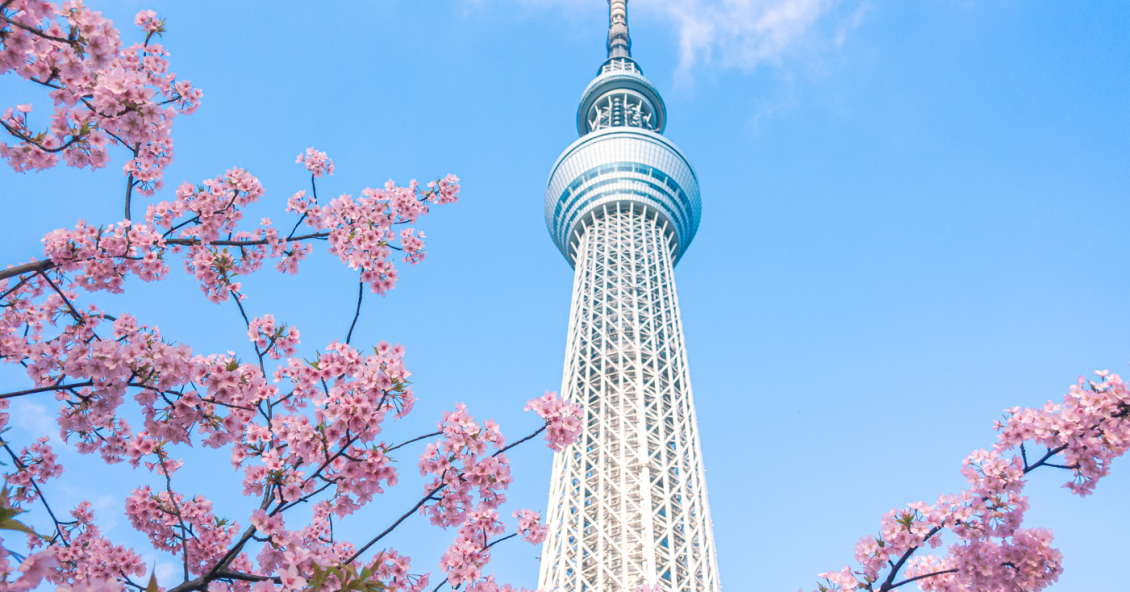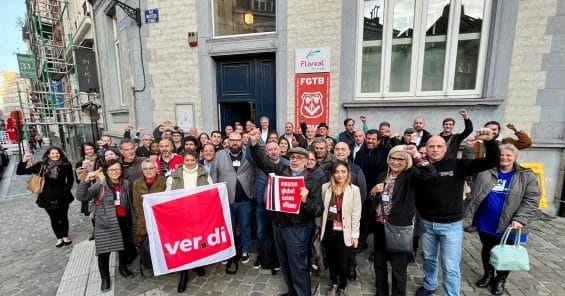UNI’s Japanese affiliates lead historic push for higher wages
23.03.23
UNI Global Union’s trade union affiliates in Japan are surprising domestic analysts and observers with higher than-predicted demands for wage increases, ahead of Japan’s new financial year in April.
The unions are making waves this year as they have traditionally opted to bargain for modest wage demands during the traditional annual wage negotiations every February and March, also known as the “Shunto” or “Spring Offensive”.
This tradition evolved from Japan’s deflationary economic situation in the late 1990s. It was maintained until recent months when the impact of inflation worldwide began hitting Japanese consumers and households with increased costs.
The core inflation rate (excluding food costs) has risen above 4 per cent, exceeding the country’s central bank’s target and reaching a new 41-year high level. For most Japanese workers, their real wages are at risk of being eroded if their pay fails to keep up with inflation.
The government has publicly called for companies to give inflation-indexed wage rises, and public sentiment favours measures that would help households weather the rising cost of living. The Japanese unions, particularly UNI’s affiliates in the key service sectors, are seizing this opportunity to break the nearly three-decades-long flat wages cycle.
UNI Global Union’s General Secretary, Christy Hoffman, met with Japanese affiliates in February at the annual meeting for UNI Liaison Council of Japan, and was struck by the feelings of optimism ahead of the Shunto negotiations:
“It’s great to see our Japanese affiliates showing their power and seizing this opportunity to make historic improvements in wages and conditions for workers. We are particularly proud of our affiliates for taking the lead and fighting for wage increases that are the highest Japan has seen in decades.”
UNI affiliates are already making gains. For example, UA ZENSEN is taking the lead in this year’s struggle and having achieved a 4.56 per cent wage increment, which is the highest in ten years. A number of its affiliated unions in the commerce and service sectors settled their negotiations after achieving all of the unions’ demands, even ahead of the set target day.
In a win for part-time workers, some employers and unions which have a global agreement with UNI, have agreed to a 5.64 per cent wage increase at Takashimaya Co.,Ltd. and 7 per cent at AEON RETAIL Co,Ltd., thus helping to rectify disparities between different types of employment.
The Confederation of Japan Automobile Workers’ Unions (JAW) is also achieving an unusually high level of agreements in the manufacturing sector. The sales sector, which is affiliated to UNI, continues to negotiate to improve the attractiveness of the car sales sector and secure jobs.
The Japan Postal Group Union (JPGU) has won pay rises and a special lump-sum payment representing a total 5.11 per cent wage increase for postal workers for 2023.


